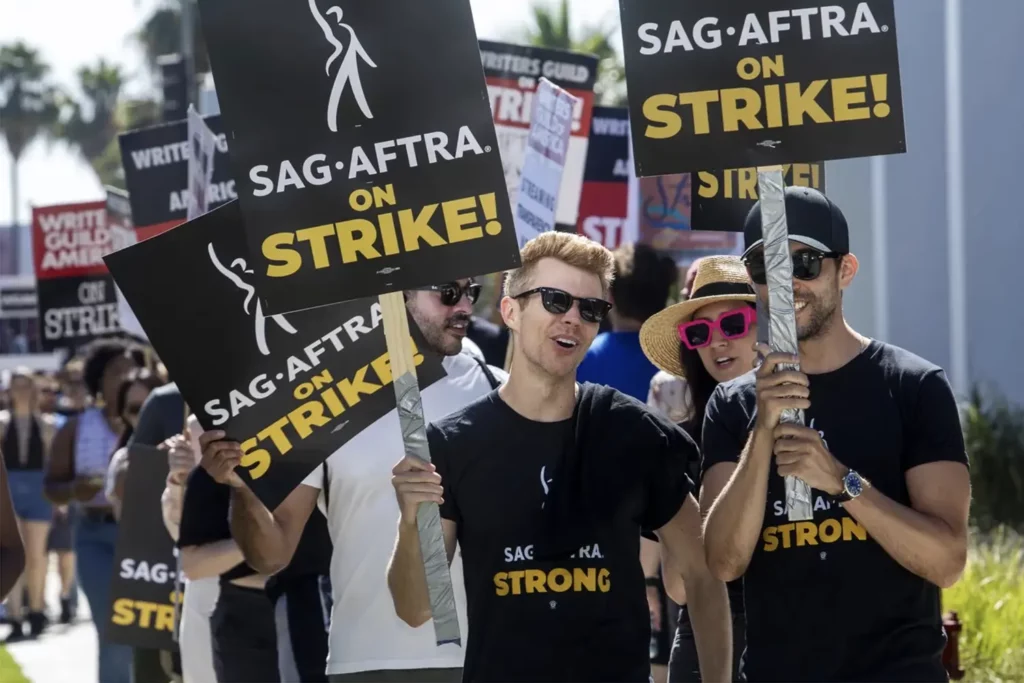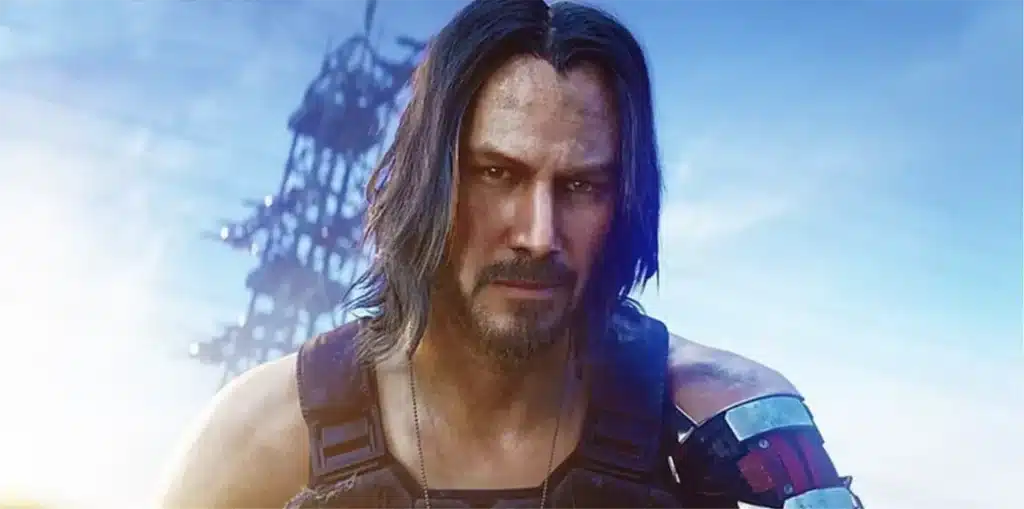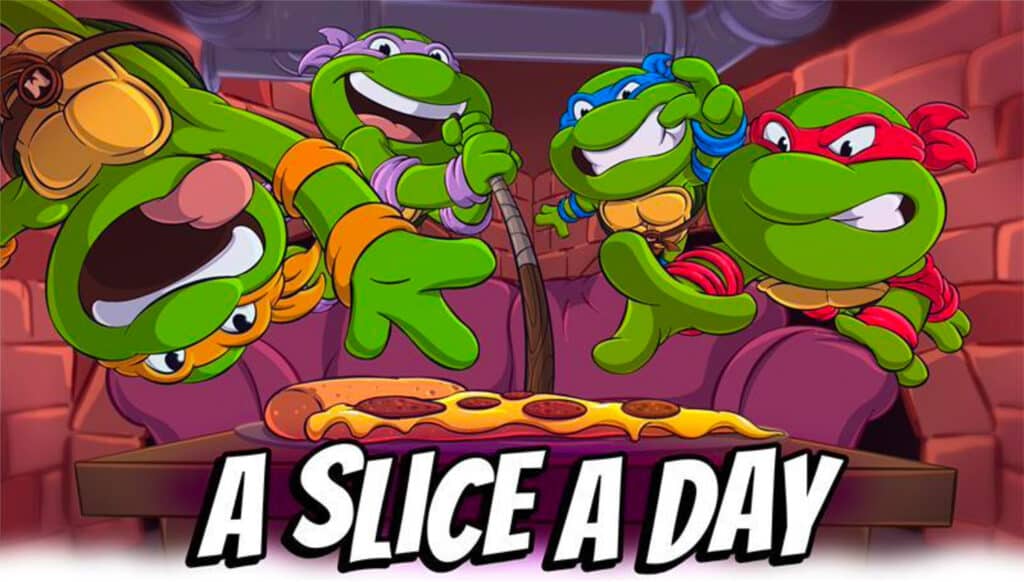Fil Robinson, BD Manager IP Licensing | Mijiba
Hollywood, California stands as the global epicenter of entertainment, primarily for the film and TV industries. Here, numerous movies, TV shows, and characters gain life and achieve household-name status.
As you are probably aware, Hollywood currently faces an unprecedented situation not seen in six decades: simultaneous strikes by key actors’ and writers’ unions. This labor action impacts not only film and television but also the gaming industry. In this article, I’ll explore the implications of the strikes, focusing specifically on IP licensing for video games. One note before we dive in—my aim is to objectively shed light on the implications without taking sides on the strikes.
The WGA (Writers Guild of America) and SAG-AFTRA (Screen Actors Guild and the American Federation of Television and Radio Artists) initiated strikes in early May and mid-July, respectively. These actions stem from failed contract negotiations with AMPTP (Alliance of Motion Picture and Television Producers) and significantly impact the movie industry, now and over the long term.

Via Vulture
Essentially this means that union-affiliated writers and actors can’t generate new scripts or partake in current or future projects, effectively freezing industry operations. For instance, ongoing productions like Gladiator 2 and Beetlejuice 2 have halted. Actors are also unable to promote upcoming releases; stars of Oppenheimer, for example, exited its UK premiere early due to the strikes.
In a previous article, ‘Hollywood and Video Games: The Perfect Partnership to Engage Audiences,’ I talked about how actors and writers from movies and TV often work in video games too. Actors lend their voices, give motion-capture performances, and allow their likenesses to be used in games. Writers who create stories for movies and TV often do the same for games. Because these actors and writers are part of the unions that are currently on strike, this is causing problems in the game industry just like it is for movies and TV.

Via Gamerant
This situation complicates planned gaming collaborations, particularly those reliant on an actor’s likeness or a specific writer’s style. For example, a hypothetical Mr. Bean game tied to a new Mr. Bean film would cease production if Rowan Atkinson were a union member.
The latest is that negotiations between unions and game companies like Activision, EA, and Insomniac, will resume on September 26th, aiming to avert a strike set for November 7, 2023. For context, the previous strike, in October 2016, lasted 11 months. No matter what happens, it puts plans for certain IP collaborations in an uncomfortable limbo. Developers and IP holders who wish to use specific writers or actors for their projects have had to put projects on pause and look for other options. But what are those other options?
The million-dollar question then, for developers and IP holders keen to leverage the massive potential of IP collaborations, is where is this all heading and what are the alternatives?
Fortunately, there is still plenty to be positive about for IP licensing in games with many options available to developers who still want to work with very cool IPs. At Mijiba, we work with a range of global IP and brand rights holders (including major movie and TV studios) who have access to fantastic IPs and brands that are not reliant on a specific likeness.
These range from anime, cartoons, and comics to games of all kinds. Recent examples of collaborations we’ve worked on include Teenage Mutant Ninja Turtles for the game MatchMasters, and Legendary Pictures’ Pacific Rim for the game Top War.

It’s also worth noting that quite a few IPs have several versions. For example, there is a TV version of The Walking Dead and a comic book version. Both versions have been integrated into different games in the past.
The key takeaway here, in my view, is that game studios and developers must respond to the conditions as they are in order to remain nimble and stay ahead of the curve. No matter how the strikes resolve, the silver lining is that there are still many ways to leverage IPs in games so long as you do your diligence. This is something Mijiba can help facilitate—even with the current situation in Hollywood. And once the situation has been resolved, there will be even more opportunities for amazing collaborations. Get in touch with us today to learn how to make them work for you!